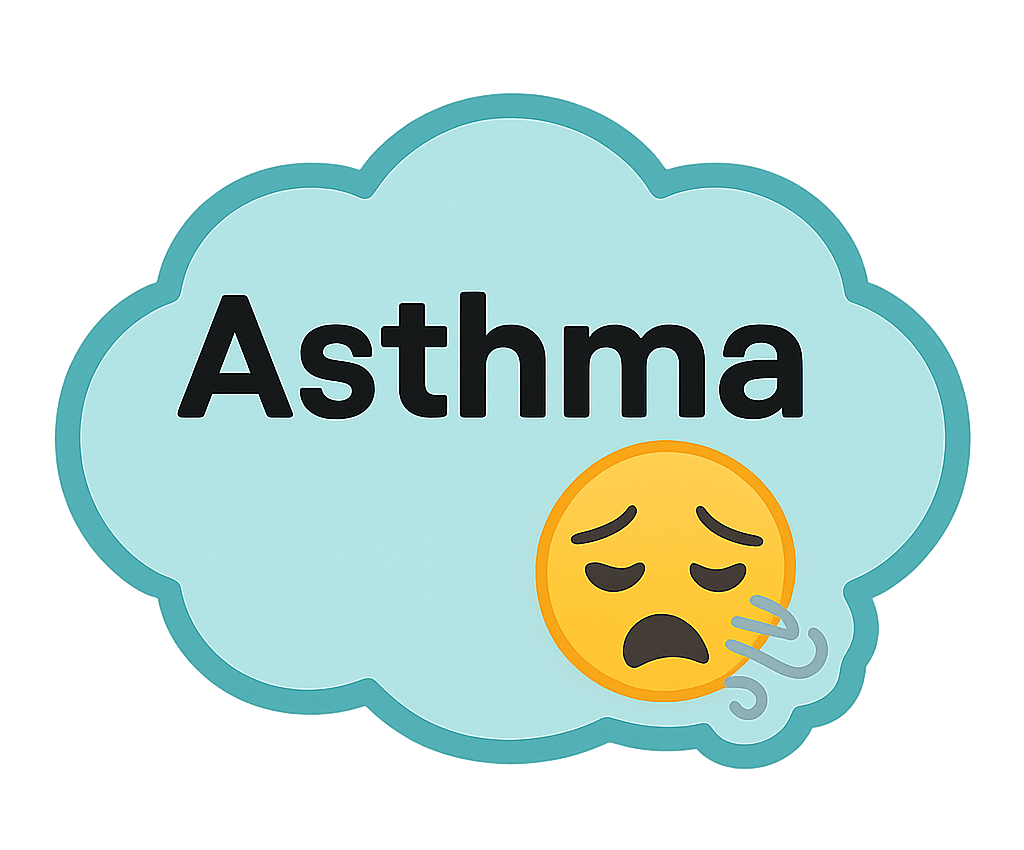Check for Different Age (6 available)
Can older babies use Hypochlorous Acid?
ℹ️General Overview
For babies (6–12 months), hypochlorous acid used in small amounts on the skin is usually low risk, but there are some concerns about irritation, breathing effects if breathed in, and possible contaminated byproducts in some products. Overall take a cautious approach.
✅What to Do
Use only products labeled for skin use and follow the product’s directions. Do a small patch test on the baby’s thigh and wait 24 hours before wider use. Avoid spraying or misting the product near the baby’s face or nose. Do not apply to open wounds unless the product specifically says it is for wound care. Choose products from reputable brands with clear ingredient and quality controls, and store them safely out of reach.
⚠️Warnings
Avoid inhaling sprays or mists and do not use around the baby’s nose or mouth—there are reports linking low-level exposure to breathing and allergic effects (based on safety reviews and research from Environment Canada and the U.S. National Library of Medicine). Also be aware that some preparations may contain or form chlorinated contaminants (for example sodium hypochlorite, chlorine, chloroform); choose products with good quality controls and stop use and call your pediatrician if the baby develops skin redness, swelling, blisters, coughing, wheeze, or difficulty breathing.
Are you holding the product?
Scan the full ingredient label and understand if it's safe for your child.
Safety Risk Labels
This ingredient has the following documented risks:





Tap or hover over labels to see detailed risk information.
Alternative Names for Hypochlorous Acid
This ingredient may also be listed as:
Always check ingredient labels carefully, as ingredients may be listed under different names.
Products Containing Hypochlorous Acid
This ingredient is found in the following products:
This list shows products that contain Hypochlorous Acid or its alternative names.
Research Articles on Hypochlorous Acid
Scientific research related to this ingredient:
These research articles provide scientific evidence about Hypochlorous Acid safety and effects.
Common Questions About Hypochlorous Acid
Can older babies safely use Hypochlorous Acid?
Yes, Hypochlorous Acid is generally considered safe for 6-12 month old babies based on current research.
What are the organ risk risks of Hypochlorous Acid for older babies?
May harm organs like liver, kidneys, or lungs with repeated use. This is especially important for babies whose skin and systems are still developing.
What are the immune system risks of Hypochlorous Acid for older babies?
Could weaken or confuse immune system. This is especially important for babies whose skin and systems are still developing.
What are the asthma risks of Hypochlorous Acid for older babies?
Can make breathing issues like asthma worse in babies and kids. This is especially important for babies whose skin and systems are still developing.
What are the long-term risk risks of Hypochlorous Acid for older babies?
Linked to long-term health effects after years of use or exposure. This is especially important for babies whose skin and systems are still developing.
What are the environmental risks of Hypochlorous Acid for older babies?
Possible negative effects on the environment This is especially important for babies whose skin and systems are still developing.
What products contain Hypochlorous Acid?
Hypochlorous Acid is commonly found in skincare products, cosmetics, and topical applications. Always check ingredient labels before use.
Is this appropriate for older babies to using products with Hypochlorous Acid?
The appropriate age depends on the specific ingredient properties and concentration. This analysis is for 6-12 month old babies. Use the age selector above to check other ages.
Want to scan another product?
Use our camera scanner to analyze more ingredient labels
Scan Another Product